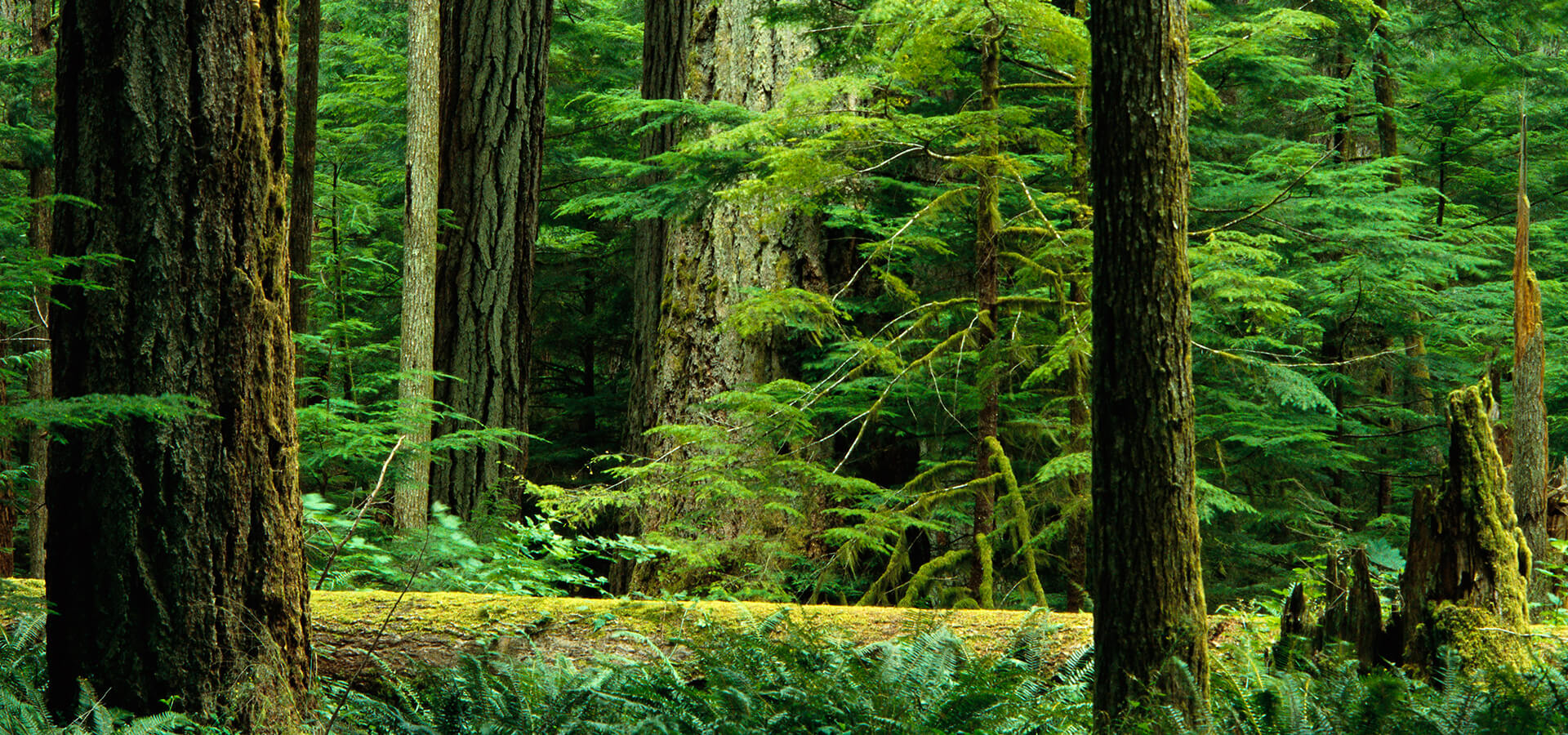About Us
A place for dialogue to advise and support the Together for Wildlife strategy with the intent to strengthen stewardship of wildlife and habitat in BC.
Minister’s Wildlife Advisory Council
The Minister’s Wildlife Advisory Council was announced in August 2020 to support the implementation of the Together for Wildlife strategy. The Council provides independent advice and support to the Minister on strategic issues and priorities which strengthen stewardship of wildlife and habitat in B.C. In particular, the Council focuses on oversight of government work to implement the Together for Wildlifestrategy including advice on legislation and policy.
The Council includes individuals with a wide range of experience in natural resource stewardship and passion for wildlife and habitat. Drawn from across the province, they include First Nations, the general public, local government, academia, natural resources and other industry sectors, conservation organizations, and the provincial government.
Guiding Principles
Accountability
Members are accountable to the Minister through the Co-Chairs and commit to upholding the operating principles and provisions of these terms of reference.
Clear, consensus-based recommendations
To understand and contribute to the development of wildlife and wildlife habitat stewardship policy and guidance, using clear language and striving to address all concerns, incorporate different perspectives, and have common ownership of issues and solutions.
Confidentiality
all business of the Council is confidential until such time as it is approved for public announcement (e.g., meeting minutes / annual report).
Cooperation
A commitment to anticipate, prevent, or alternatively minimize conflict and dispute with respect to the implementation of these Terms of Reference, by establishing clear lines of communication and resolving differences in a manner that is expeditious (see Conflict Resolution Process).
Healthy Ecosystems
Improving and protecting the health of ecosystems also improves and protects the social and economic health of communities.
Integrate knowledge for durable solutions
Developing shared understandings and focus on common goals (e.g., abundant wildlife populations) and seek ways to integrate technical, scientific, local and Indigenous knowledge into wildlife and wildlife habitat stewardship, creating durable solutions for future generations.
Reconciliation
To advance reconciliation and work respectfully with First Nations participants to understand Indigenous interests, worldviews, and Aboriginal Rights and Title as it relates to wildlife and wildlife habitat stewardship.
Working effectively
To collaborate with each other in a respectful and transparent manner, building trust, for the benefit of wildlife and the ecosystems on which we all depend, and by providing advice, knowledge, transparency and input in a timely manner.
Read our Terms of Reference
Our Working Groups
To facilitate in-depth discussions, the Council has created five Working Groups focused on priority actions.
Governance and Reconciliation Working Group
Provides recommendations to the Council on ways to ensure clear governance, inclusive and aligned to reconciliation goals, supports the success of Together for Wildlife.
Funding Working Group
Provides recommendations to the Council on opportunities to leverage funding and a new dedicated funding model.
Objectives and Stewardship Working Group
Provides recommendations to the Council on the development and implementation of a provincial Guidance Framework that will facilitate the regional development and implementation of wildlife population and habitat objectives.
Research Working Group
Provides recommendations to the Council on ways to improve natural and social science information and research to support better decisions, and on ways to align decision making with Indigenous Knowledge and expertise.
Foundations Working Group
Provides recommendations to the Council on effective ways of working together.

